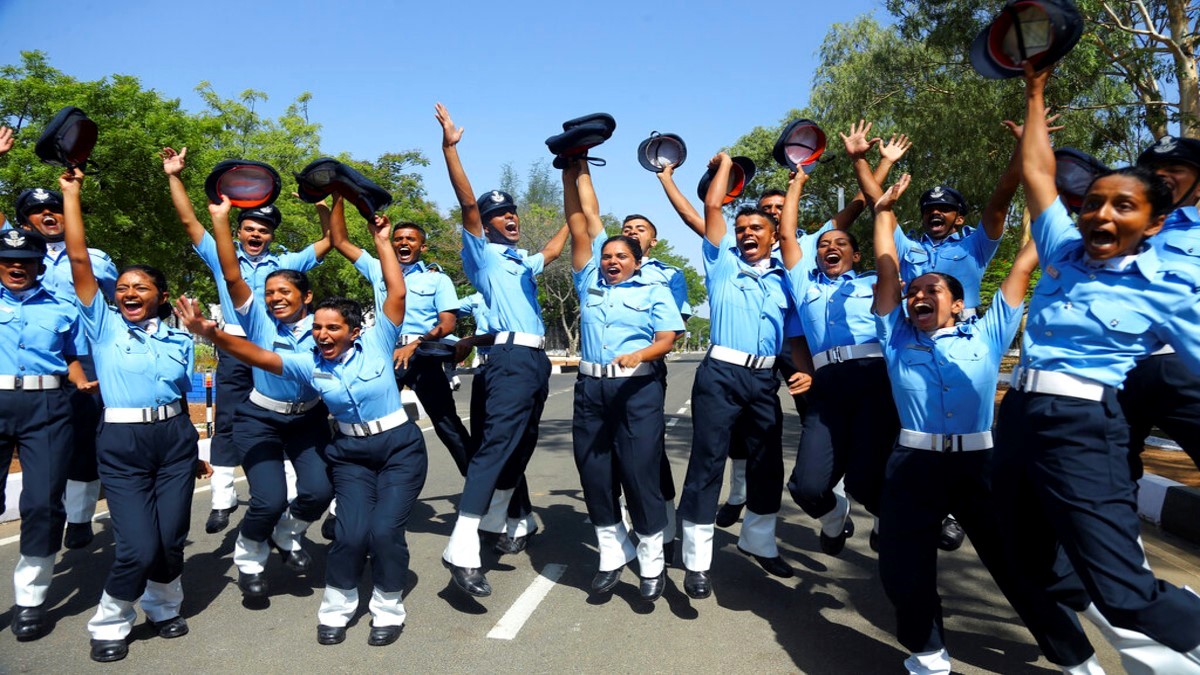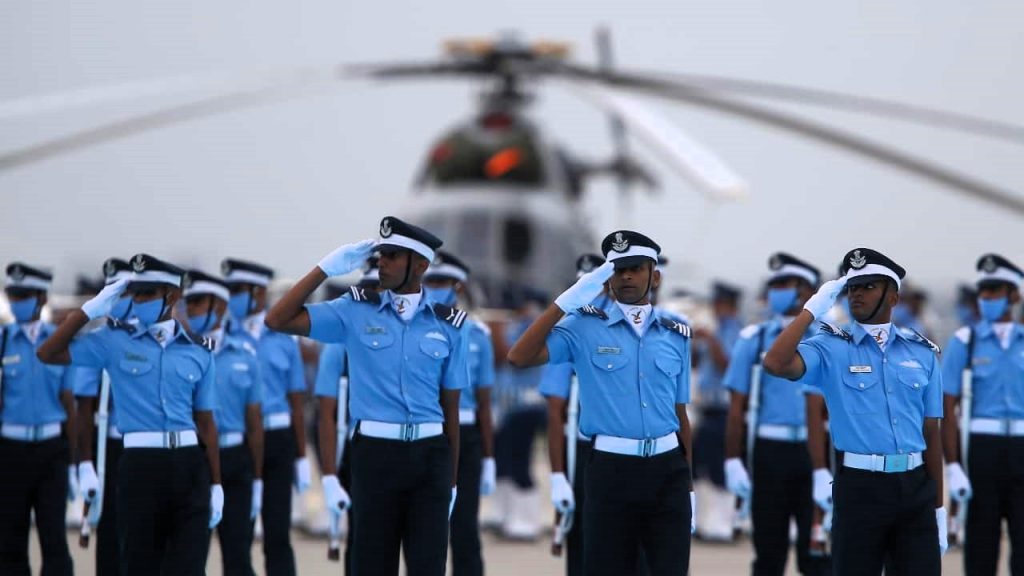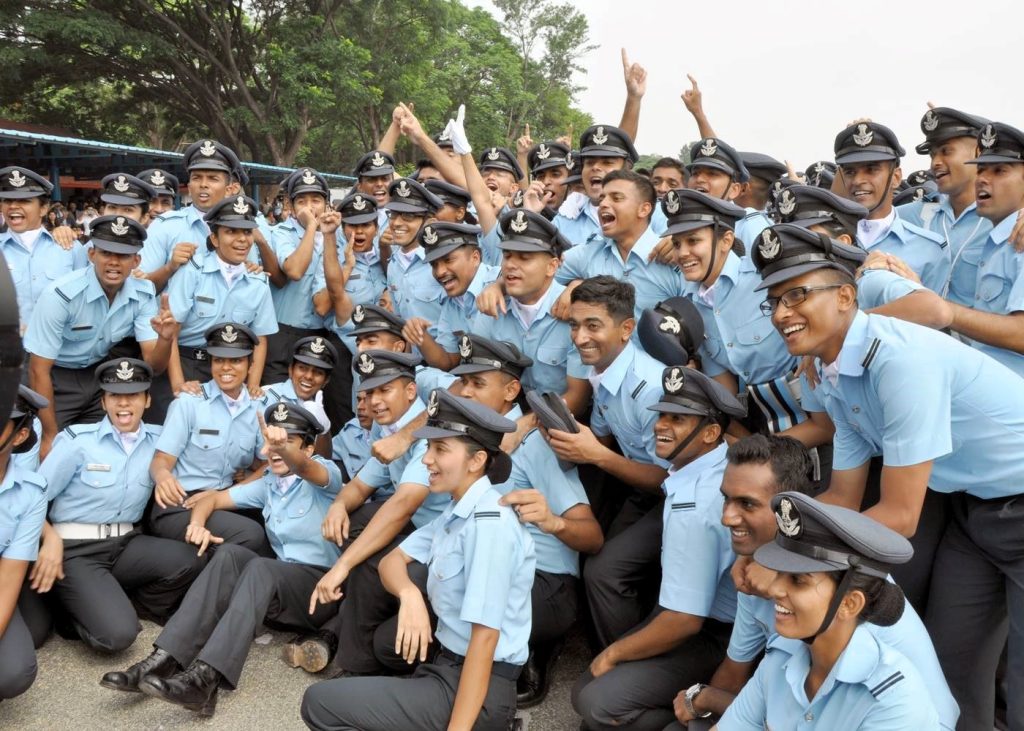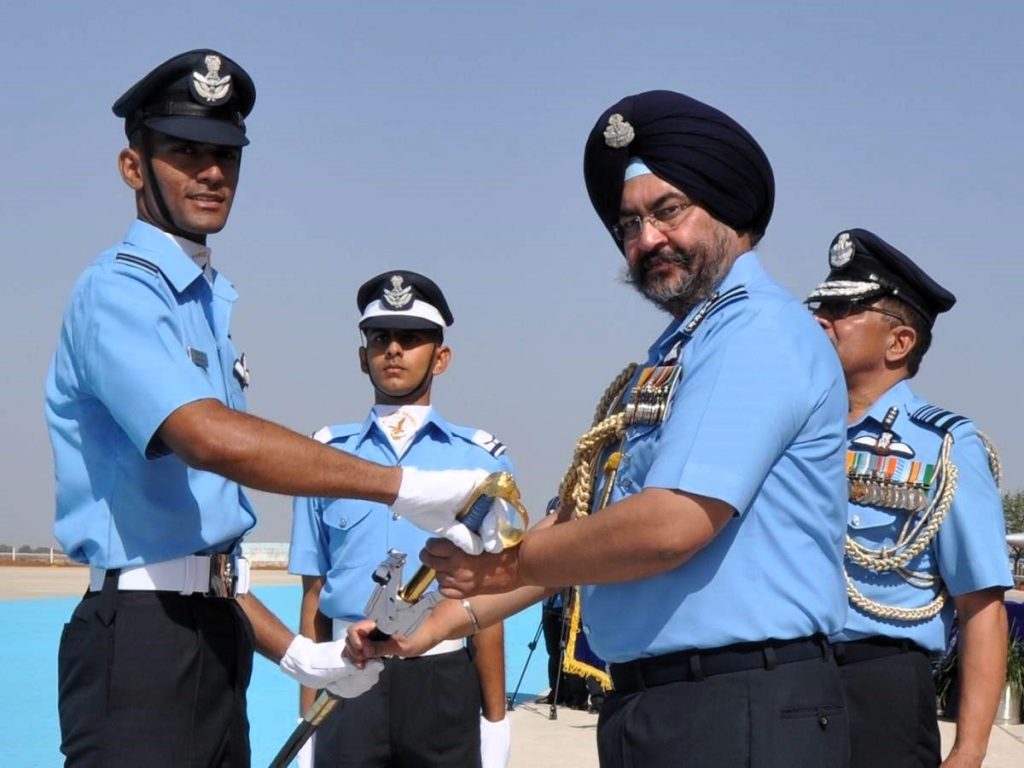The Air Force Common Admission Test (AFCAT) is a pivotal examination that serves as a gateway to a rewarding career in the Indian Air Force. Conducted by the Indian Air Force (IAF), Air Force Common Admission Test aims to select candidates for diverse branches, including the Flying Branch, Ground Duty (Technical), and Ground Duty (Non-Technical). This comprehensive guide provides essential insights into AFCAT, covering its significance, eligibility criteria, exam pattern, selection process, salary structure, and effective preparation strategies.
AFCAT Overview
AFCAT Full Form
AFCAT stands for Air Force Common Admission Test. It is a prestigious entrance examination conducted by the Indian Air Force to recruit officers for various branches, including the Flying Branch and Ground Duty (Technical and Non-Technical) Branches. Air Force Common Admission Test evaluates candidates’ aptitude in verbal ability, numerical ability, reasoning, general awareness, and military aptitude, aiming to identify skilled individuals for commissioning into the Indian Air Force.
Key Details
| Aspect | Details |
|---|---|
| Exam Conducting Body | Indian Air Force |
| AFCAT Full Form | Air Force Common Admission Test |
| Post Name | – Flying Branch – Ground Duty (Technical) Branch – Ground Duty (Non-Technical) Branch |
| Frequency | Twice a Year |
| AFCAT 2024 Vacancy | 317 |
| Exam Level | National |
| Application Mode | Online |
| Exam Mode | Online |
| Selection Process | – Written Exam – AFSB Interview – Medical Exam |
| Official Website | afcat.cdac.in |
AFCAT Eligibility Criteria
| Eligibility Criteria | Details |
|---|---|
| AFCAT Age Limit 2024 | – Flying Branch through AFCAT and NCC Special Entry: 20 to 24 years – Ground Duty (Technical & Non-Technical) Branch: 20 to 26 years |
| AFCAT Educational Qualification 2024 | – Flying Branch: 50% marks each in Maths and Physics at 10+2 level and Graduation with at least three years of a degree course with a minimum of 60% marks or BE/B Tech degree (Four years course) with at least 60% marks. – Ground Duty (Technical) Branch: 50% marks each in Physics and Mathematics at 10+2 level and at least four years degree graduation/integrated post-graduation qualification in Engineering/ Technology. – Ground Duty (Non-Technical) Branch: 10+2 and Graduate Degree (Minimum three years degree course) in any discipline with at least 60% marks |
| Nationality | Citizen of India |
AFCAT Selection Process
Stages
Online Written Exam:
- Objective Type
- 100 Questions
- Maximum Marks: 300
- Subjects: General Awareness, Verbal Ability in English, Numerical Ability, Reasoning, and Military Aptitude Test
- Marking Scheme: +3 marks for each correct answer and -1 mark for every incorrect answer.
AFSB Testing:
- Stage I: Officer Intelligence Rating Test along with Picture Perception and Discussion test.
- Stage II: Psychological test, Group Tests, Interviews, and Computerised Pilot Selection System (for Flying Branch).
1000+ Most Commonly Asked Synonyms & Antonyms For NDA CDS AFCAT Exam [DOWNLOAD PDF]
500+ Most Commonly Asked Idioms & Phrases For NDA CDS AFCAT Exam
AFCAT Selection Process 2024, Written Exam, Medical Test, Interview Details
Final Merit List: Based on the total marks obtained in the written exam and AFSB tests.
Medical Examination: Comprehensive medical assessment to evaluate fitness for service.
AFCAT Salary
Pay Structure
Monthly Pay Band: Rs. 56,100
Pay Matrix: Level 10
VIIth CPC: Rs. 56,100 – 1,10,700
Additional Allowances
Flight Cadets: Fixed stipend of Rs. 56,100 per month during training.
Various allowances based on duty nature and place of posting.
How to Prepare for AFCAT?
Preparation Strategies
- Comprehensive Study Guide: Obtain a well-organized study guide and formulate a study plan.
- Early Start: Begin preparation early to cover a broad range of material thoroughly.
- Practice and Mock Tests: Incorporate practice tests to identify strengths and weaknesses.
- Healthy Lifestyle: Prioritize well-being with sufficient rest and exercise.
- Effective Time Management: Develop a study timetable for each subject.
- Current Affairs: Stay updated with newspapers and online sources.
- Group Study: Collaborate with peers for group study sessions.
- Online Resources: Utilize reliable online resources for additional study materials.
Conclusion
Air Force Common Admission Test opens doors to a prestigious career in the Indian Air Force, offering opportunities for personal and professional growth. Understanding Air Force Common Admission Test ‘s significance, eligibility criteria, exam pattern, selection process, and salary structure is crucial for aspirants aiming to excel in this competitive examination. With diligent preparation and strategic approach, candidates can realize their dream of serving the nation as proud officers in the Indian Air Force.
FAQs
1. What is AFCAT?
AFCAT stands for Air Force Common Admission Test. It is an entrance examination conducted by the Indian Air Force for the recruitment of officers in various branches, including the Flying Branch and Ground Duty (Technical and Non-Technical) Branches.
2. What are the branches offered through Air Force Common Admission Test ?
Air Force Common Admission Test offers opportunities for commissioning into the Flying Branch, Ground Duty (Technical) Branch, and Ground Duty (Non-Technical) Branch of the Indian Air Force.
3. Who conducts the Air Force Common Admission Test exam?
The Air Force Common Admission Test exam is conducted by the Indian Air Force (IAF) as part of its officer recruitment process.
4. What is the frequency of the Air Force Common Admission Test exam?
Air Force Common Admission Test is conducted twice a year, offering candidates two opportunities to apply and appear for the examination.
5. What is the significance of Air Force Common Admission Test ?
Air Force Common Admission Test plays a crucial role in selecting skilled individuals to join the Indian Air Force as commissioned officers, contributing to the nation’s air defense capabilities.
6. What is the eligibility criteria for AFCAT?
The eligibility criteria for AFCAT include age limit, educational qualification, and nationality requirements. Candidates must meet these criteria as specified in the official notification to be eligible for the exam.










